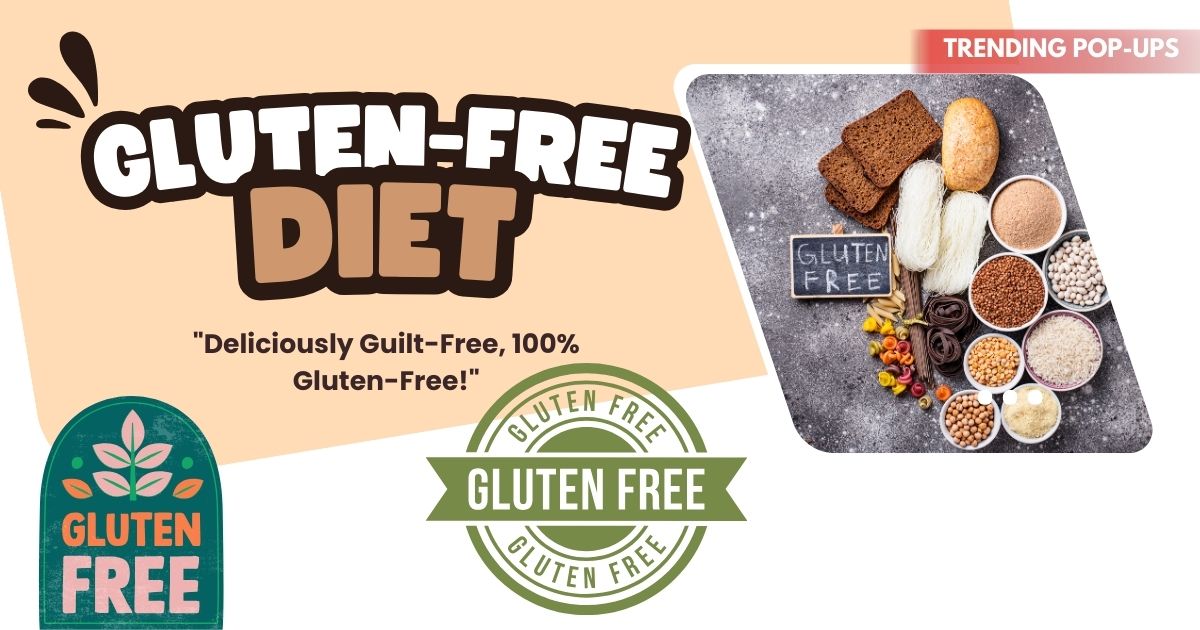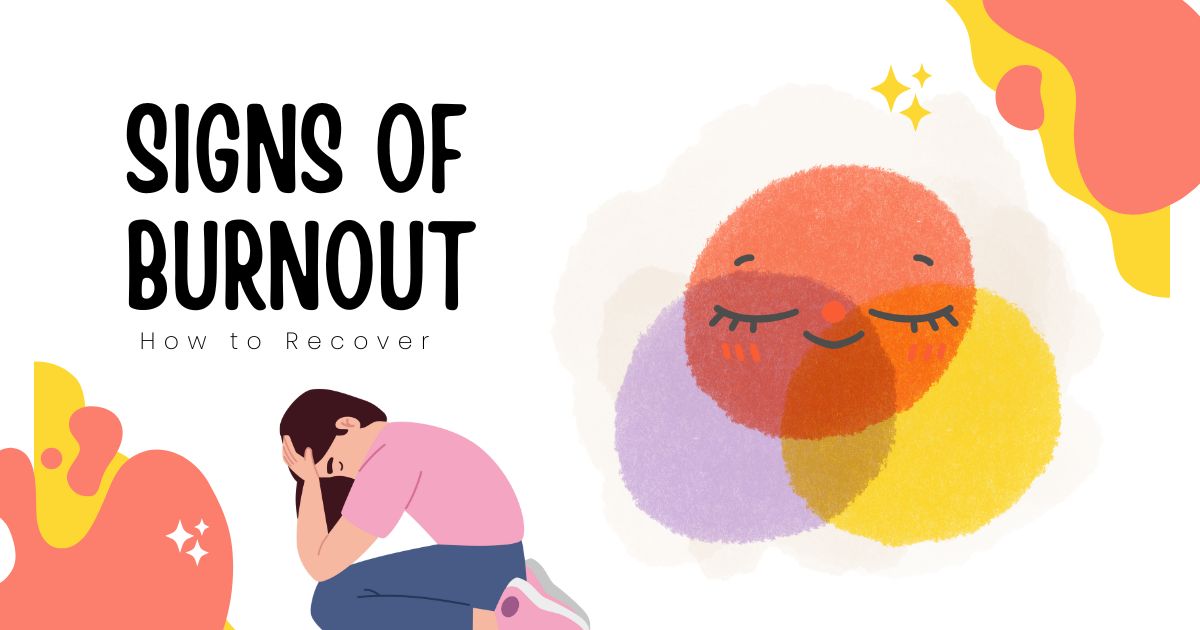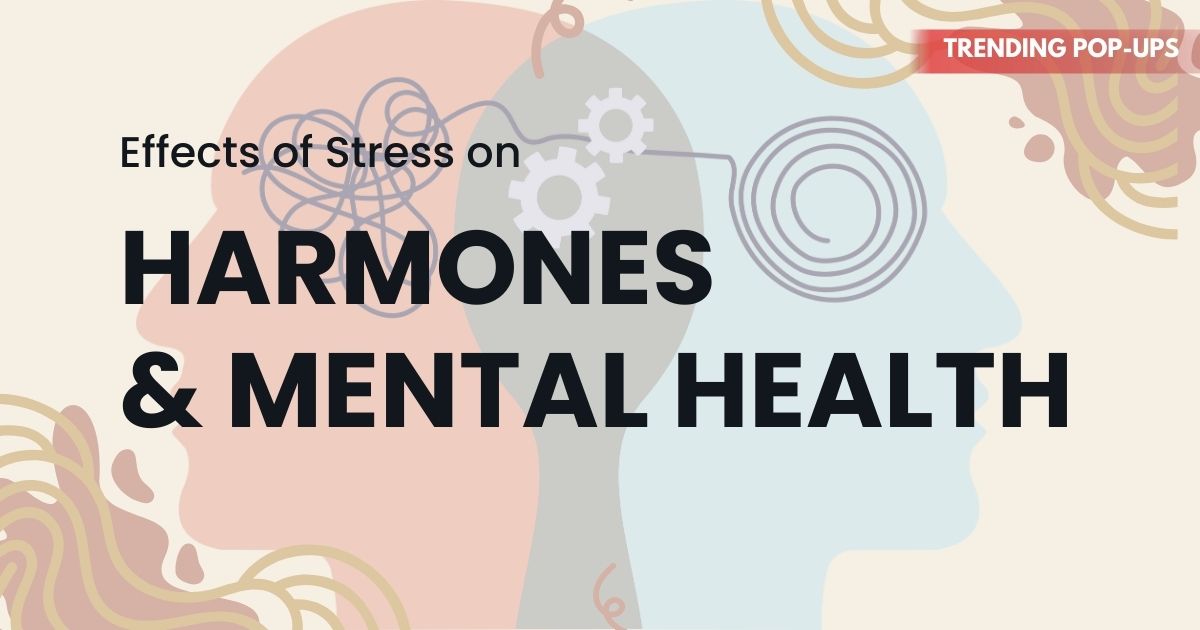Over the past decade, the gluten-free diet has gained massive popularity. From grocery store aisles to restaurant menus, gluten-free options are everywhere. While some people choose this lifestyle for health or weight management, others must strictly avoid gluten due to medical conditions. Understanding who should follow a gluten-free diet is essential before making any dietary changes.
This article explores what gluten is, the medical conditions requiring gluten-free eating, potential benefits and risks, and practical tips for adopting this diet.
What Is Gluten?
Gluten is a group of proteins found in wheat, rye, barley, and related grains. It gives dough its elasticity and helps bread maintain its shape. Common foods containing gluten include:
-
Bread, pasta, and pizza dough
-
Cereals and baked goods
-
Sauces, gravies, and soups (as thickening agents)
-
Beer and malt beverages
While gluten is harmless for most people, some individuals experience serious health issues when consuming it.
Who Should Follow a Gluten-Free Diet?
A gluten-free diet is medically necessary for certain groups of people. These include:
1. People with Celiac Disease
Celiac disease is an autoimmune disorder where gluten triggers the immune system to attack the small intestine. This damages the intestinal lining and prevents nutrient absorption.
Symptoms include:
-
Chronic diarrhea or constipation
-
Bloating and abdominal pain
-
Unexplained weight loss
-
Fatigue and anemia
-
Skin rashes
For those with celiac disease, following a strict gluten-free diet is the only treatment. Even trace amounts of gluten can cause harm.
2. Individuals with Non-Celiac Gluten Sensitivity (NCGS)
Some people experience negative reactions to gluten even without celiac disease or wheat allergy. This condition is known as non-celiac gluten sensitivity.
Common symptoms include:
-
Bloating and gas
-
Headaches and brain fog
-
Joint pain
-
Fatigue
Unlike celiac disease, NCGS does not cause intestinal damage, but symptoms improve significantly when gluten is removed from the diet.
3. People with Wheat Allergy
A wheat allergy is an allergic reaction to proteins found in wheat, including but not limited to gluten.
Symptoms may include:
-
Hives or skin rashes
-
Swelling and itching
-
Respiratory problems
-
Digestive discomfort
Avoiding wheat (and sometimes gluten-containing products) is necessary to prevent allergic reactions.
4. Those with Certain Autoimmune or Digestive Disorders
Some individuals with conditions like irritable bowel syndrome (IBS), Hashimoto’s thyroiditis, or inflammatory bowel disease (IBD) find relief from symptoms by reducing or eliminating gluten. However, this should be done under medical supervision.
Who Does Not Need a Gluten-Free Diet?
Many people mistakenly believe gluten-free diets are healthier for everyone. In reality:
-
If you do not have celiac disease, gluten sensitivity, or wheat allergy, there is no medical need to avoid gluten.
-
Whole grains containing gluten (such as wheat and barley) are rich in fiber, iron, and B vitamins. Eliminating them unnecessarily may lead to nutrient deficiencies.
For the general population, gluten is safe and part of a balanced diet.
Benefits of a Gluten-Free Diet (For Those Who Need It)
When medically necessary, removing gluten can provide significant health improvements.
-
Reduces digestive discomfort – Less bloating, gas, and abdominal pain.
-
Improves nutrient absorption – Especially important for celiac patients.
-
Boosts energy levels – Fatigue often decreases after removing gluten.
-
Promotes long-term health – Prevents intestinal damage and complications.
Potential Risks of a Gluten-Free Diet
Going gluten-free without medical need may pose challenges, such as:
-
Nutrient Deficiencies: Gluten-containing grains are major sources of fiber, folate, and iron.
-
Higher Food Costs: Gluten-free products are often more expensive.
-
Processed Alternatives: Many packaged gluten-free foods are high in sugar, fat, and calories.
To avoid these risks, it’s important to eat a balanced, whole-food-based gluten-free diet.
Safe and Healthy Gluten-Free Foods
Fortunately, many naturally gluten-free foods are nutritious and delicious. These include:
-
Grains: Rice, quinoa, millet, buckwheat, corn, and oats (certified gluten-free).
-
Fruits and Vegetables: All fresh produce is gluten-free.
-
Proteins: Meat, fish, eggs, legumes, and nuts.
-
Dairy Products: Milk, cheese, and yogurt (check for additives).
-
Healthy Fats: Olive oil, avocado, and coconut oil.
Practical Tips for Following a Gluten-Free Diet
-
Read food labels carefully—gluten can hide in sauces, seasonings, and processed foods.
-
Choose whole, naturally gluten-free foods over packaged products.
-
Be mindful of cross-contamination in kitchens and restaurants.
-
Work with a dietitian to ensure nutritional balance.
-
Plan meals in advance to avoid limited choices when dining out.
Summary
A gluten-free diet is essential for people with celiac disease, non-celiac gluten sensitivity, wheat allergy, or certain autoimmune conditions. For these individuals, avoiding gluten can dramatically improve health and quality of life. However, those without these conditions do not need to eliminate gluten, as it provides valuable nutrients.
Ultimately, the decision to go gluten-free should be based on medical advice, not trends.
Also Read : The Link Between Exercise and Mental Health: Benefits, Science, and Tips
FAQs
1. Is a gluten-free diet healthier for everyone?
No, only people with celiac disease, gluten sensitivity, or wheat allergy should follow it. For others, gluten is safe.
2. What are the first signs of gluten intolerance?
Common signs include bloating, diarrhea, brain fog, headaches, and fatigue after eating gluten-containing foods.
3. Can I lose weight on a gluten-free diet?
Weight loss is not guaranteed. Some gluten-free foods are higher in sugar and calories. A balanced approach is key.
4. Are oats gluten-free?
Yes, oats are naturally gluten-free, but they may be contaminated during processing. Choose certified gluten-free oats.
5. Should I try a gluten-free diet before testing for celiac disease?
No. Testing for celiac disease requires gluten in the diet. Consult a doctor before making changes.



